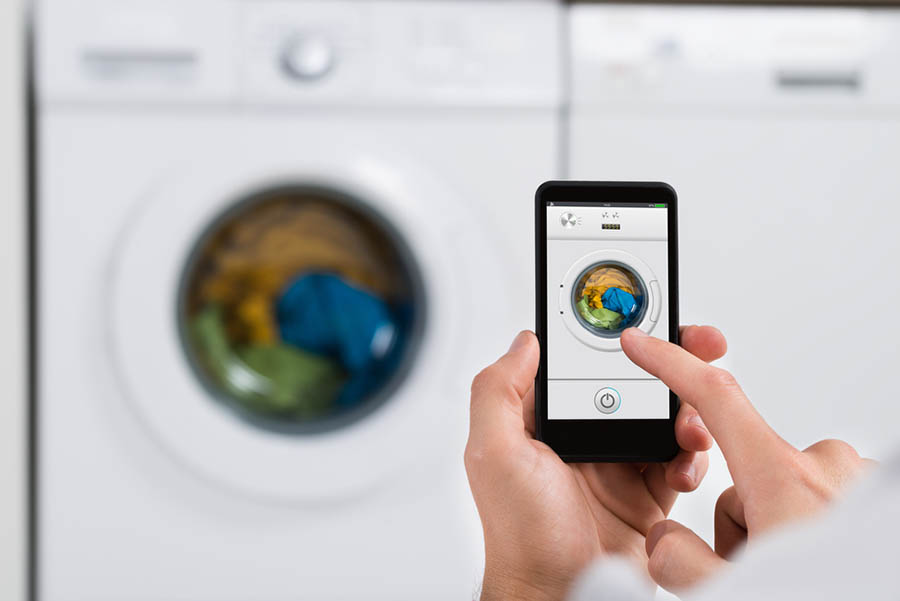Are Smart Home Appliances Worth It?
Are Smart Home Appliances Worth It?


Smart home appliances have taken the market by storm, promising increased convenience, energy efficiency, and connectivity. As these devices become more prevalent, many homeowners are left wondering: are smart home appliances worth the investment? Let’s explore the pros and cons to help you make an informed decision.
Pros:
- Convenience: One of the primary advantages of smart home appliances is the convenience they offer. With features like remote control and automation, you can manage your appliances from anywhere using a smartphone or voice commands.
- Energy Efficiency: Many smart appliances come equipped with advanced energy-saving features. Smart thermostats, for example, can learn your preferences and adjust settings to optimize energy usage, potentially reducing utility bills.
- Integration and Connectivity: Smart home ecosystems allow appliances to communicate with each other. This integration enables seamless automation, where actions in one device trigger responses in others. For instance, your smart thermostat can work in tandem with smart blinds to regulate both temperature and natural light.
- Enhanced Security: Smart home security systems, often integrated with appliances, provide real-time monitoring and alerts. Features like smart door locks, cameras, and sensors contribute to a more secure living environment.
- Future-Proofing Your Home: As technology advances, smart homes are likely to become the standard. Investing in smart appliances now can future-proof your home, potentially increasing its resale value.
Cons:
- Higher Initial Cost: Smart appliances generally come with a higher upfront cost compared to their traditional counterparts. The initial investment might be a deterrent for some homeowners, especially if they already have functioning appliances.
- Learning Curve: Transitioning to smart appliances involves a learning curve. Users need to familiarize themselves with apps, settings, and potential troubleshooting procedures. This adjustment might not be suitable for everyone, particularly those less comfortable with technology.
- Dependency on Connectivity: Smart appliances rely heavily on an internet connection. If there are connectivity issues or a power outage, some features may be temporarily inaccessible. This dependency could be a concern for those in areas with unreliable internet services.
- Security Risks: With increased connectivity comes the potential for security vulnerabilities. Hacking into smart devices, though rare, is a concern. It’s crucial to follow best practices for securing your smart home network, such as using strong passwords and updating firmware regularly.
- Limited Compatibility: Not all smart appliances work seamlessly together. Compatibility issues may arise when trying to integrate products from different manufacturers. Checking compatibility before purchase is essential for creating a cohesive smart home ecosystem.
Whether smart home appliances are worth it depends on individual preferences, lifestyle, and budget. While they offer undeniable conveniences and futuristic features, the higher upfront costs and potential concerns over security and connectivity might make some users hesitate. Before diving into the world of smart homes, it’s essential to weigh the pros and cons and assess how well these devices align with your needs and comfort level with technology.
